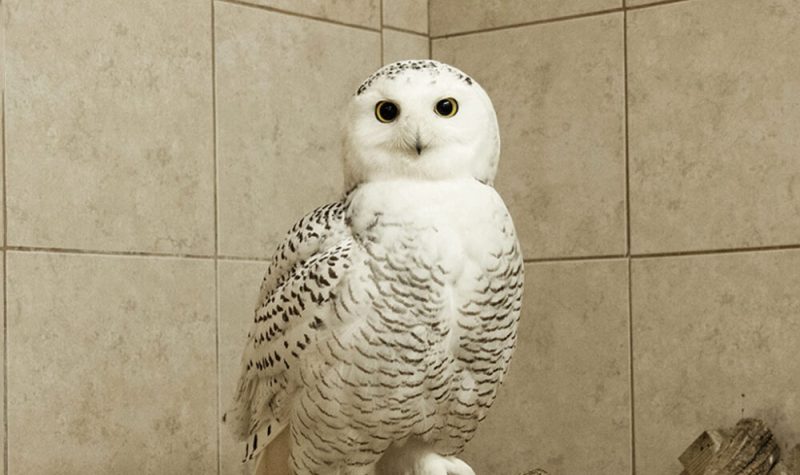You may see snowy owls hunting on the side of the road after last week’s heavy snowfalls, Ottawa Valley Wild Bird Care Centre said. In recent years, these birds have been found more often in the Ottawa area. Though it may be exciting to spot one of these owls for the first time, the centre urges people to be respectful and careful with these animals.
“Your presence is making a difference,” Patty McLaughlin, the Ottawa Valley Wild Bird Care Centre’s education coordinator said. “The longer you stay there, the more disruptive you are.”
McLaughlin has been working for the centre for about 20 years. With climate change, the centre is receiving snowy owls more often.
“One of the things that has been observed here in Ottawa is that we are seeing snowy owls come and visit Ottawa every year,” McLaughlin said. “In the past, we’d see an abundance of snowy owls every few years but now we’re seeing them every single year.”
She said that we will likely continue to see changes in animal behaviour with climate change over the next years.
Part of co-existing with these animals, according to McLaughlin, is to slow down on our roads. She said it can be hard for owls to avoid being hit by cars, especially at night.
“What a lot of people don’t know is that right now owls are nesting,” she said. “By the end of February, there is going to be lots of owls with eggs in their nest, so they are very active right now.”
McLaughlin said the bird care centre is a last resort.
“Every bird we can help and get back to the wild is great but if we can get the word out there about small actions we can do is even better,” McLaughlin added.
But if you see an injured bird, McLaughlin encourages people to help it.
“Your safety is first,” McLaughlin said. “But if it is safe, it is always worth checking.”
McLaughlin tells people to use a towel, blanket or sweater to completely cover the bird before moving it. She says it’s important to secure the bird in the car to ensure it cannot wake up and fly around while someone is driving.
“Make sure your safety is first so we can help these birds and keep us safe as well," McLaughlin said.


